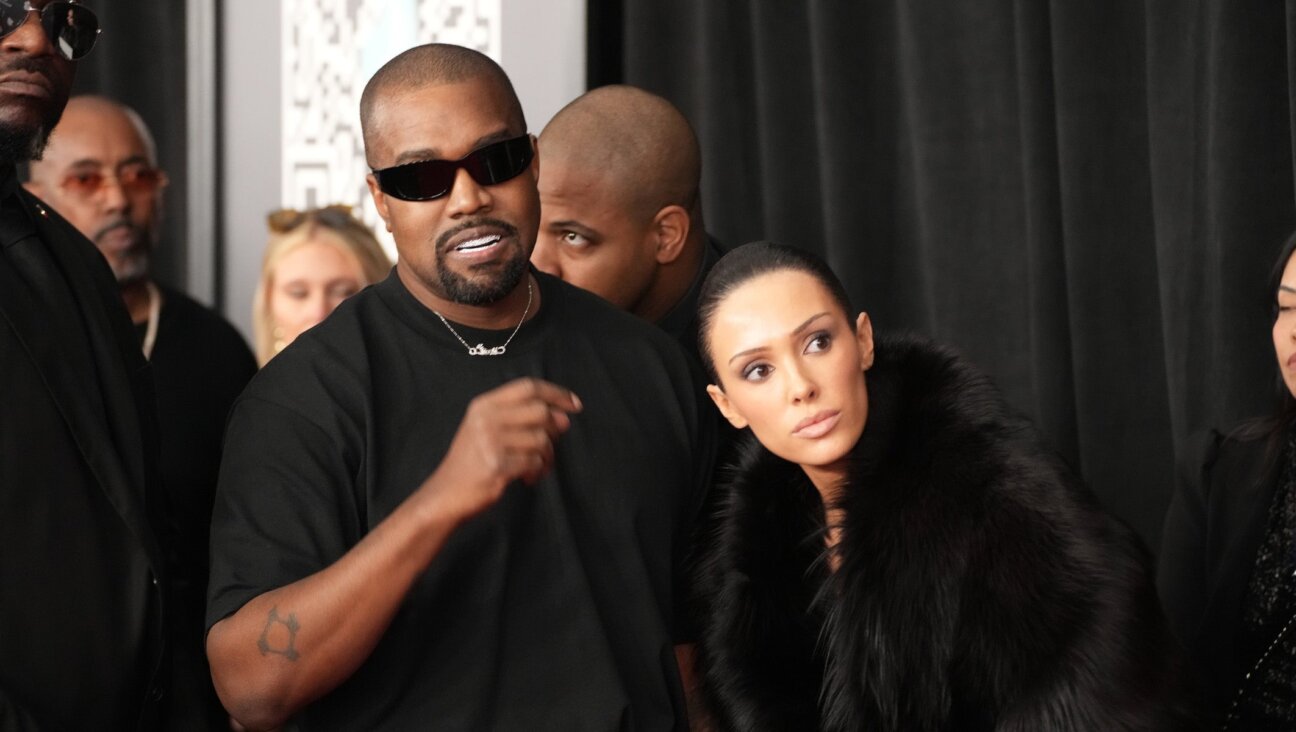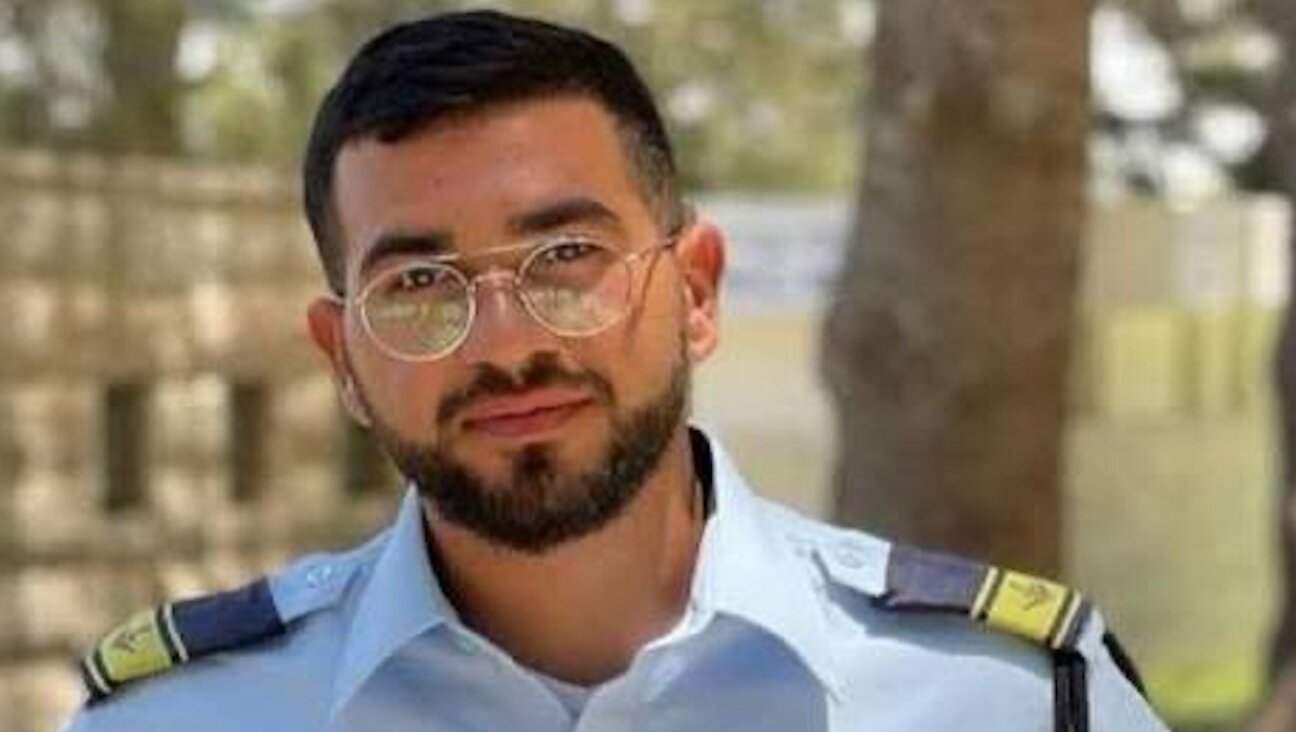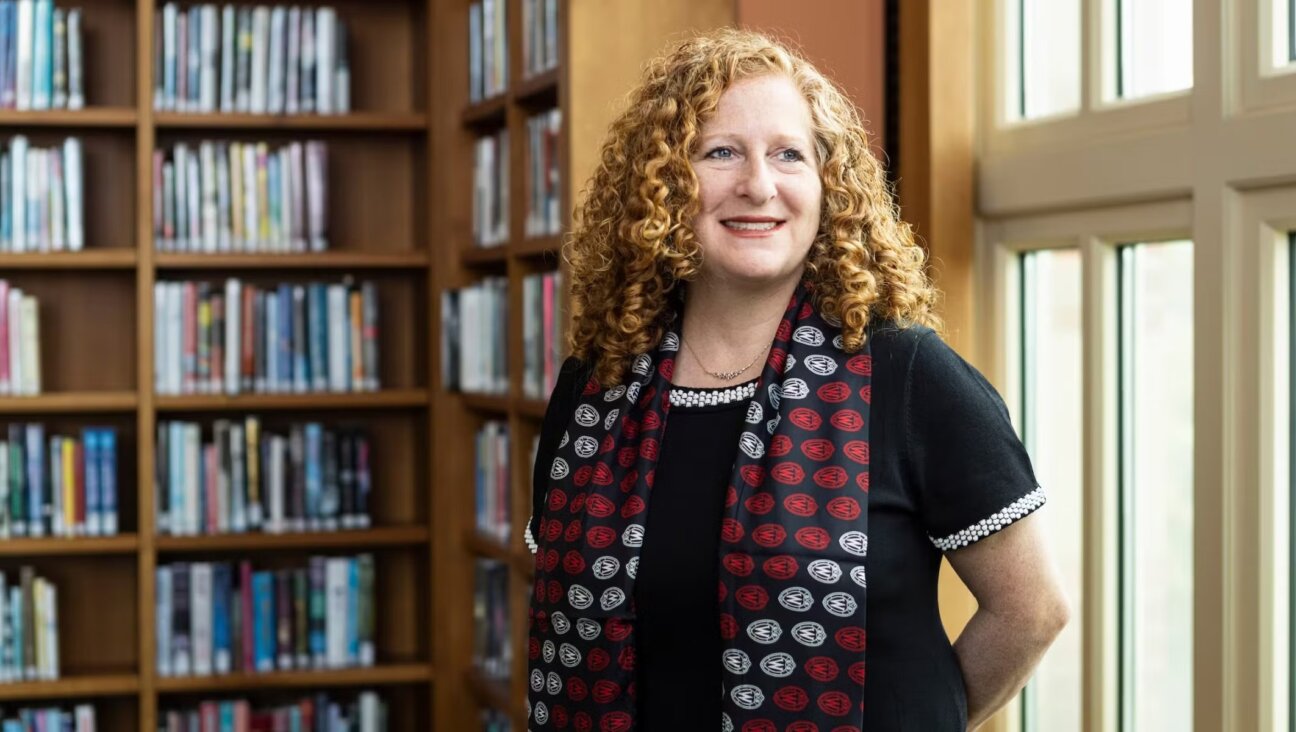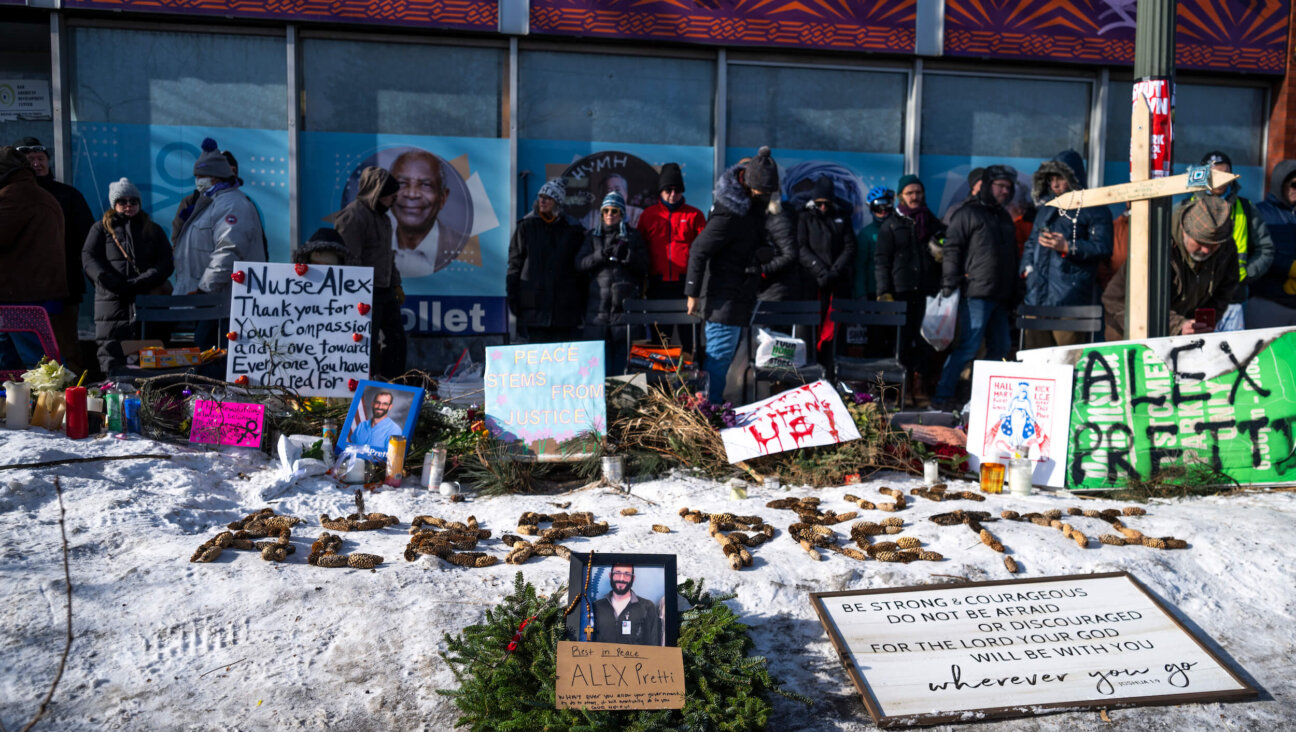Argentina Judge With Jewish Ties Will Take Over Alberto Nisman Probe

Image by getty images
A federal judge in Argentina who has authored a book about the Holocaust was tapped to pick up the late AMIA prosecutor Alberto Nisman’s case against President Cristina Fernandez de Kirchner.
Daniel Rafecas, who has a relationship with the Jewish community, was chosen by lottery on Wednesday to investigate allegations that Kirchner covered up Iran’s involvement in the 1994 attack against the Jewish center that left 85 dead and hundreds injured. Nisman also accused Foreign Minister Hector Timerman, who is Jewish, of participating in the cover-up.
Following the end of January’s judicial recess, Federal Judge Ariel Lijo declined to take up the case. Lijo is investigating another aspect of the AMIA case — a lawsuit accusing former President Carlos Menem of covering up Syrian involvement.
Rafecas, who is invited often to speak about the Holocaust, is well known in Argentina for applying the country’s anti-discrimination law in a case centering on skinheads, ordering them to visit the Holocaust Museum in Buenos Aires as part of their probation.
In July 2011, Rafecas was the main speaker at the 17th anniversary of the AMIA attack.
Also Wednesday, Nisman’s ex-wife testified that on Jan. 17, a day before Nisman was discovered dead in his Buenos Aires apartment, she was delivered a magazine that featured Nisman on its cover with a stain that appeared to be a gunshot to his head. Nisman died from a gunshot wound to the head; his death remains unexplained.
Sandra Arroyo Salgado, a federal judge, was testifying before Federal Judge Luis Rodriguez, who is investigating threats against Nisman, his ex-wife and their two daughters.
Nisman received two letters, in August 2012 and in February 2013, that were filled with anti-Semitic epithets and threats to his life and the lives of his daughters.















